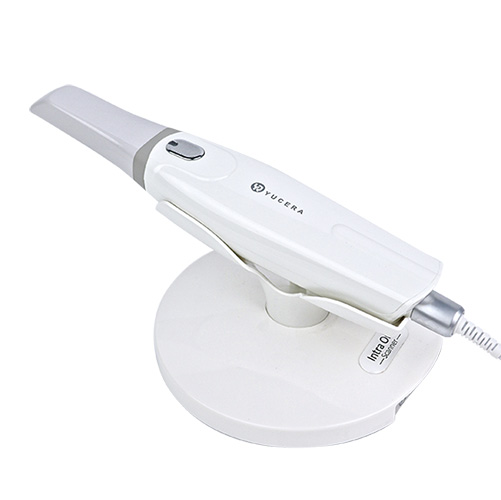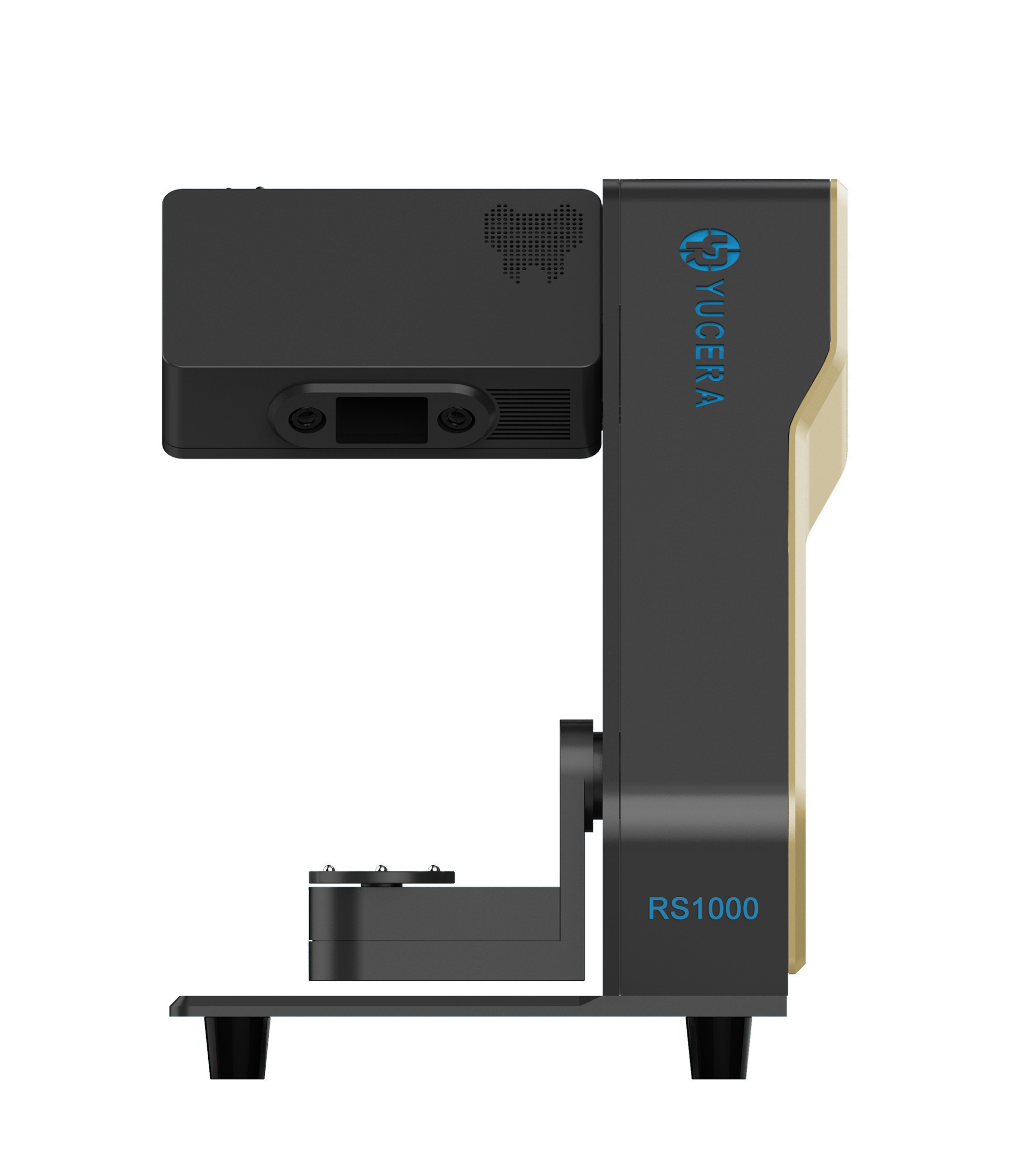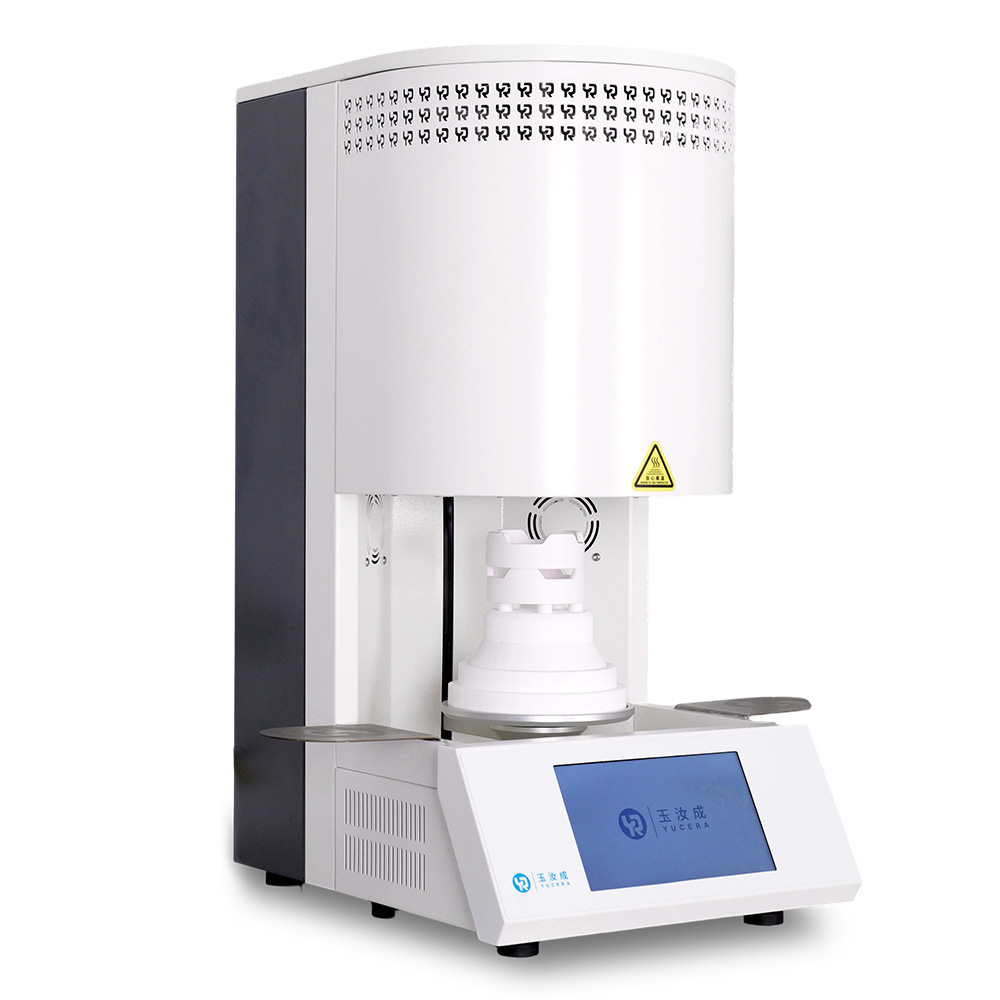Reducing Import Costs: Local Sourcing for Dental Raw Materials in Nigeria
2025-11-15
2025-04-05
In the realm of dental prosthetics, the journey does not end once patients receive their dentures. After-sales service plays a crucial role in ensuring long-term satisfaction, functionality, and comfort for denture wearers. This blog will explore the importance of after-sales service in dentures, the scope of such services, how to effectively address denture-related issues, and best practices to enhance patient satisfaction.

Definition and Scope
After-sales service refers to the support provided to patients after they acquire their dentures. This service may include follow-up appointments, adjustments, repairs, relines, and addressing any concerns or issues that arise during the wearing period. The goal of reliable after-sales service is to ensure that patients feel supported and satisfied with their prosthetics.
Why It Matters
The importance of after-sales service cannot be overstated. Dentures are not just dental devices; they are essential for restoring a patient’s ability to eat, speak, and smile confidently. Any discomfort or issues can significantly impact a patient's quality of life. Providing robust after-sales support ensures that patients receive the assistance they need, fostering loyalty to the dental practice and improving overall outcomes.
Adjustments for Fit and Comfort
One of the most common issues patients face with new dentures is improper fit, which can lead to discomfort and difficulty chewing. Following the initial fitting, it’s essential to schedule follow-up appointments to assess how well the dentures are functioning.
· Best Practice: Encourage patients to report any discomfort within the first few weeks. Offer adjustments promptly to ensure a comfortable fit. It’s beneficial to have a clear communication channel for patients to reach out with concerns.
Relining and Repairs
Over time, patients may need relining as their gums change shape due to natural aging or weight fluctuations. Regular relining can restore the snug fit of dentures.
· Best Practice: Educate patients on the importance of periodic relining and schedule routine check-ups to monitor denture condition. Promptly addressing any cracks or damage is essential for maintaining functionality.
Handling Aesthetic Concerns
Patients often desire dentures that closely resemble their natural teeth. If patients are dissatisfied with the appearance of their dentures, it’s crucial to address their aesthetic concerns.
· Best Practice: Have open discussions about aesthetic preferences during the initial consultation. Offer options for customization, such as tooth color and shape, to ensure the patient is satisfied with the final product.
Proactive Communication
Keeping the lines of communication open is critical for patient satisfaction. Follow up with patients shortly after they receive their dentures to check in on their experience.
· Best Practice: Send out satisfaction surveys or conduct phone calls to gather feedback. This practice not only shows that you care but also helps identify areas for improvement in your service.
Educating Patients
Providing thorough education regarding denture care and maintenance is essential for maximizing satisfaction. Patients should understand how to clean their dentures, the importance of regular dental check-ups, and what to expect as they adjust.
· Best Practice: Create informative materials, such as brochures or videos, to guide patients on denture care. Consider hosting workshops to answer questions and provide additional support.
Responding to Concerns Swiftly
When patients encounter issues with their dentures, timely responses can make all the difference. Patients appreciate quick solutions to their problems.
· Best Practice: Establish a system for prioritizing urgent concerns. Ensure that your staff is trained to handle inquiries efficiently, minimizing wait times for patients.
Creating a Patient-Centric Environment
Finally, cultivating a welcoming and supportive environment can enhance overall patient satisfaction. Patients should feel comfortable seeking help and providing feedback.
· Best Practice: Train staff to be empathetic and attentive to patient needs. A culture focused on patient care will undoubtedly lead to higher satisfaction levels.
After-sales service is a fundamental component of the denture experience, directly influencing patient satisfaction and loyalty. By understanding the scope of after-sales service, effectively addressing common denture issues, and implementing best practices for communication and patient engagement, dental professionals can significantly enhance the quality of care provided. A commitment to excellent after-sales service not only improves patient outcomes but also strengthens trust in the dental practice, ultimately leading to a more positive experience for denture wearers. Prioritizing after-sales service is an investment in both patient health and the success of dental practices.

Dry & wet milling for zirconia, PMMA, wax with auto tool changer.
learn more
High-precision 3D scanning, AI calibration, full-arch accuracy.
learn more
40-min full sintering with 57% incisal translucency and 1050 MPa strength.
learn more

40-min cycle for 60 crowns, dual-layer crucible and 200°C/min heating.
learn more
High-speed LCD printer for guides, temporaries, models with 8K resolution.
learn more